Hatsune Miku: Project Diva
02 Jul 2009
All releases
02 Jul 2009 - PlayStation Portable
24 Jun 2010 - PlayStation 3
Tags
Hatsune Miku: Project Diva is a rhythm game and the first game in the Project Diva series. The game primarily makes use of Vocaloids, a series of singing synthesizer software, and the songs created using these Vocaloids most notably the virtual-diva Vocaloid Hatsune Miku. The game is the first video game to utilize the Vocaloid software developed by the Yamaha Corporation. In addition, Sega has released Hatsune Miku: Project Diva Dreamy Theater, a downloadable game on the PlayStation Network for the PlayStation 3. It allows players to play Project Diva on the PlayStation 3 with updated visuals though it requires the PlayStation Portable to be plugged into the PlayStation 3 via a USB cable.
 sbib
1
sbib
1
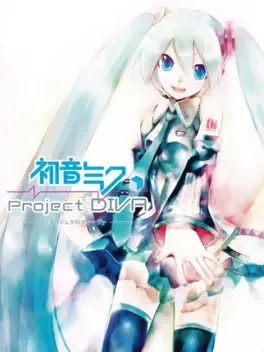
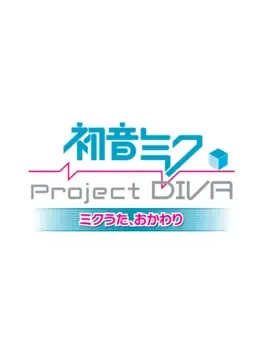
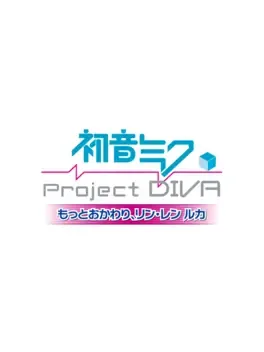

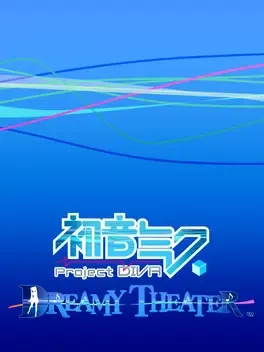










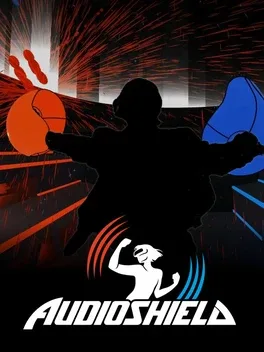
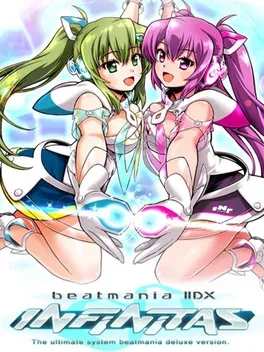
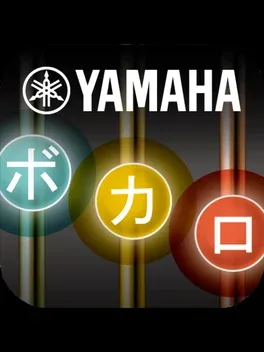
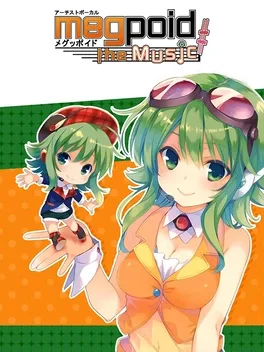
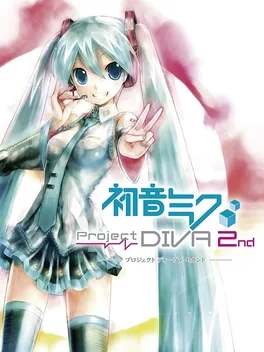
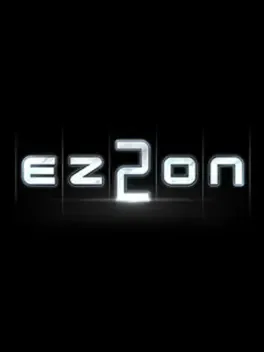
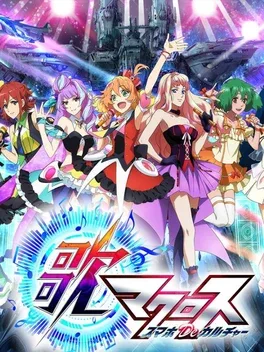
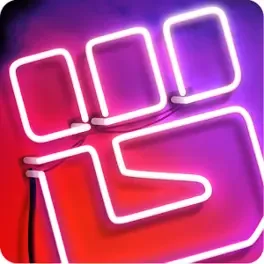
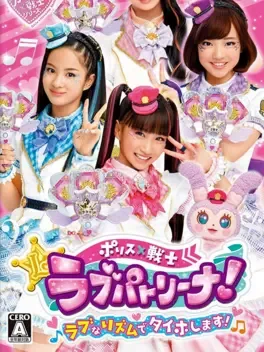
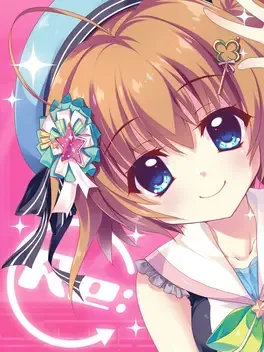
Project Diva was definitely not the best rhytym game out there in 2009, but it was damn good.
The gameplay was rather simple, but it was intuitive and accesible enough to become a stable point for music games to come: four buttons to press on beat while a music video is being reproduced in real time in background.
Nothing special, as I said, but it's enough to create an immervise and fun experience. More so when the game has original music video for already pre-existing songs and some degree of customization, making each replay less boring. After all, unlocking modules for Miku was one of the main selling point of the game, and it also was the first official time we've seen Miku "dressing" in different clothes that could change her entire appearance.
The game UI has this early 2000s, mix of frutiger aero and futuristic style that I really dig. It's perfect for a game centered about a type of media that's mainly consumed on the web, and it goes well with Miku design as well.
The different stages are also cool and well crafted for each song.
Miku modules are gorgeous and there are A LOT of them; some are based on songs in the game and some are completely original. Despite not liking every method of unlocking (like playing the same song 5 times in a row or locking some modules behind hours and hours of grind), I still find the game pretty enjoyable while basing my whole experience on unlocking every module.
The only thing bothering me about them is how unlocking MEIKO, KAITO, Luka, Neru, Haku and Sakina Meiko doesn't change Miku voice in the result screen, but it totally deletes it, letting you with an awkward silence after every loop. This doesn't apply to the Kagamines tho, since they do have voice lines, for some reason?
There's also the fact that, despite being called Hatsune Miku: Project Diva, there are two Rin and Len covers. And honestly, that's good, but for some reason that's all there's to it.
With how they implemented so many different Vocaloid as modules, you would've expected them to add at least a song for each. It's not like there weren't any song for them in 2009.
That said, I think the number of songs in the game is just right; it's not too few and it's not too much.
The playlist is also pretty solid, with some iconic songs (starting with World is Mine and ending with I'll Miku Miku You is perfect) and a better tuning than I remembered from those years. There's also the fact that Miku voice stops when you miss a note, despite the music still going, which adds to the experience.
The Diva Room is a cute extra mode.
Unlocking pieces of furniture just by playing is pretty boring, in particular if you want that sweet 100% completion and that super rare wallpaper won't appear after doing every song 10 times.
I wish there was any way to interact with Miku tho, as the only thing you can do after creating a cute room for her is just... watch her interacting the bare minimum with it.
Oh, but I like the songs created specifically for the Diva Room. Love It - Radio Edit - totally rocks, it's a shame the web seems to have forgotten it!
There's a mode where you can create your own music chart too; despite not having tried it much, I think it's a really neat concept, although I had a hard time using it because of the Japanese UI.
The game was never officially translated, and I decided to play it without the English fan patch just to start my journey to improve the sushi language: being a rhythm game, most of the UI is written in katakana and the songs often have hiraganas or are completely in english, so it was quite easy to navigate through the game. I had a really good time playing it.
In the end, I think this game's neat.
The vibes and imagery of the game were able to take me back to the late 2000s/early 2010s days, and playing the game a little bit every day was refreshing.
I think in the near future I'll come back to it, just to try to get even the last, untouchable modules; or if I just understand how to install the two DLCs packs.
Until then, I'll be playing the rest of the series.
Sleep well, my diva.